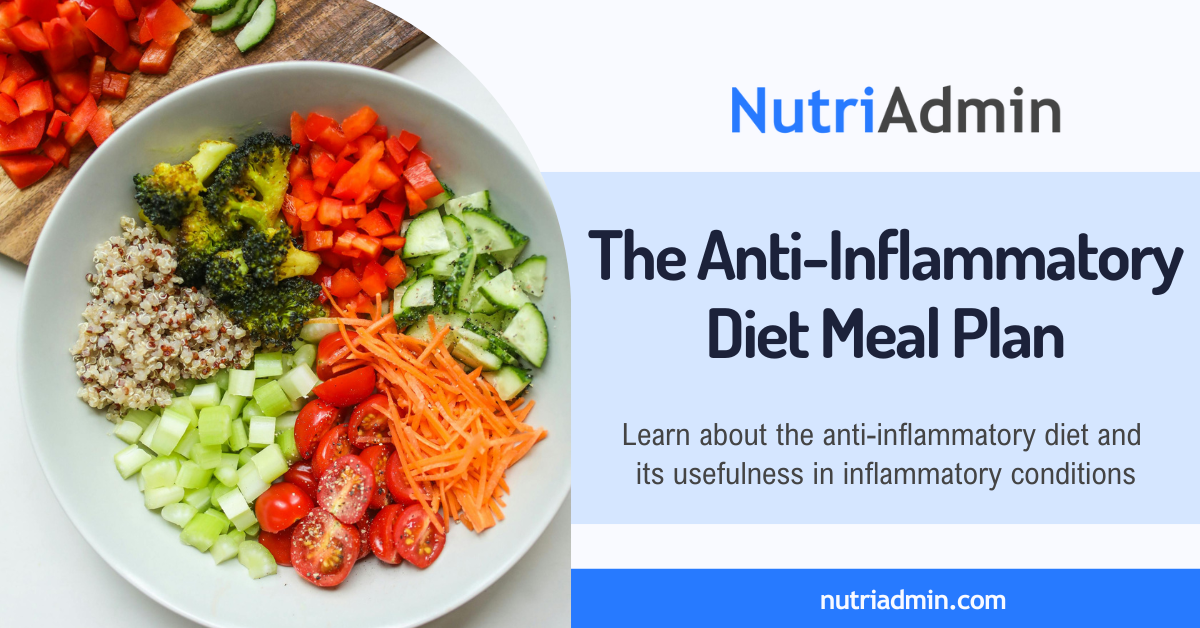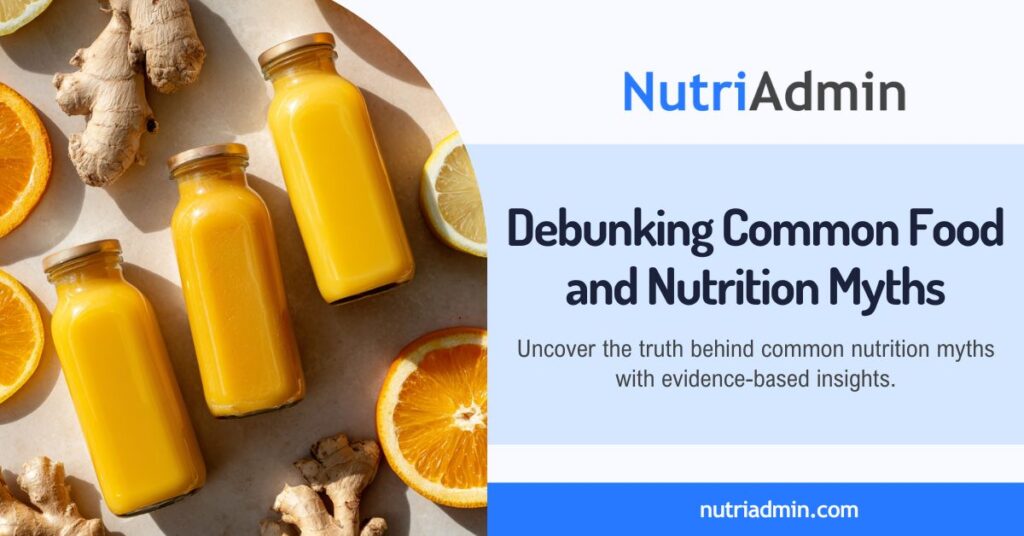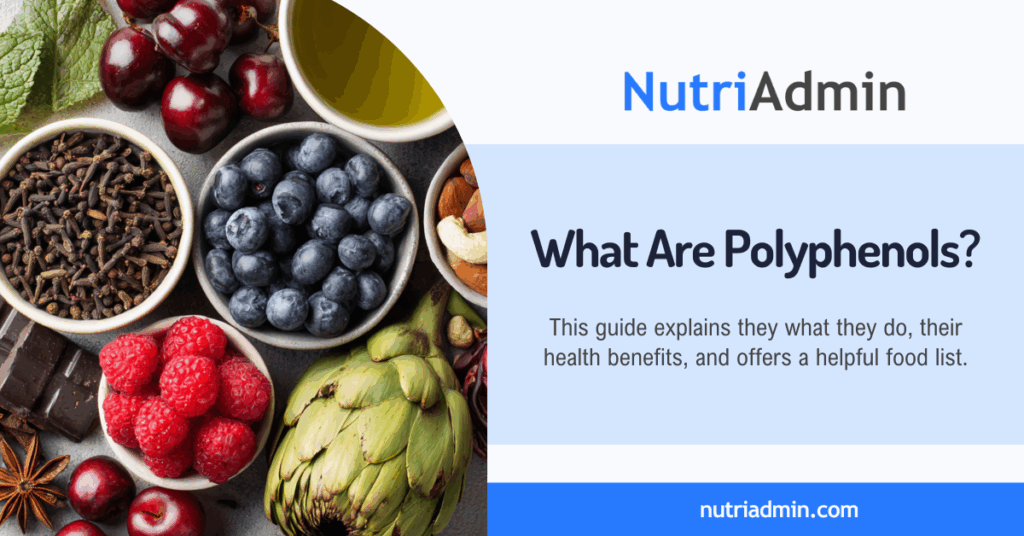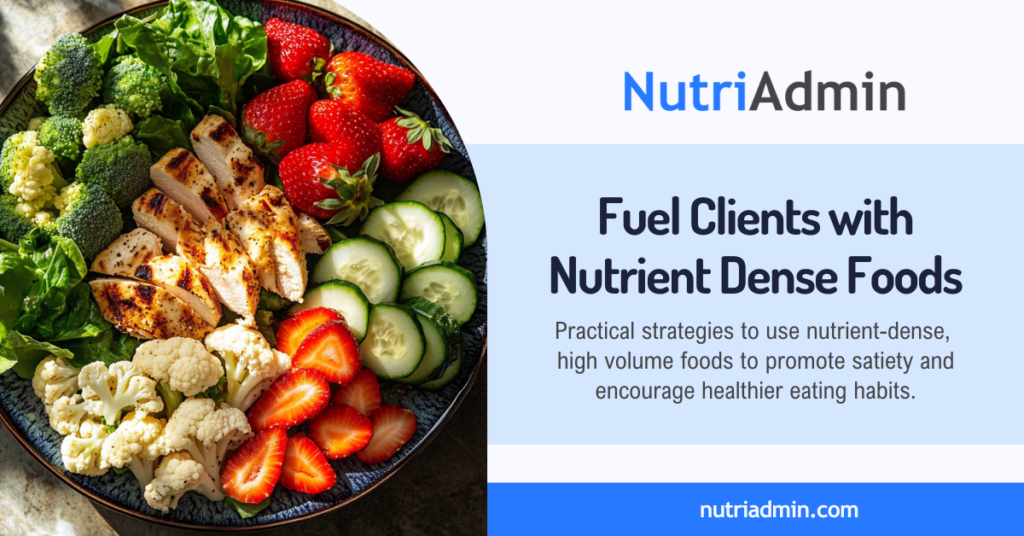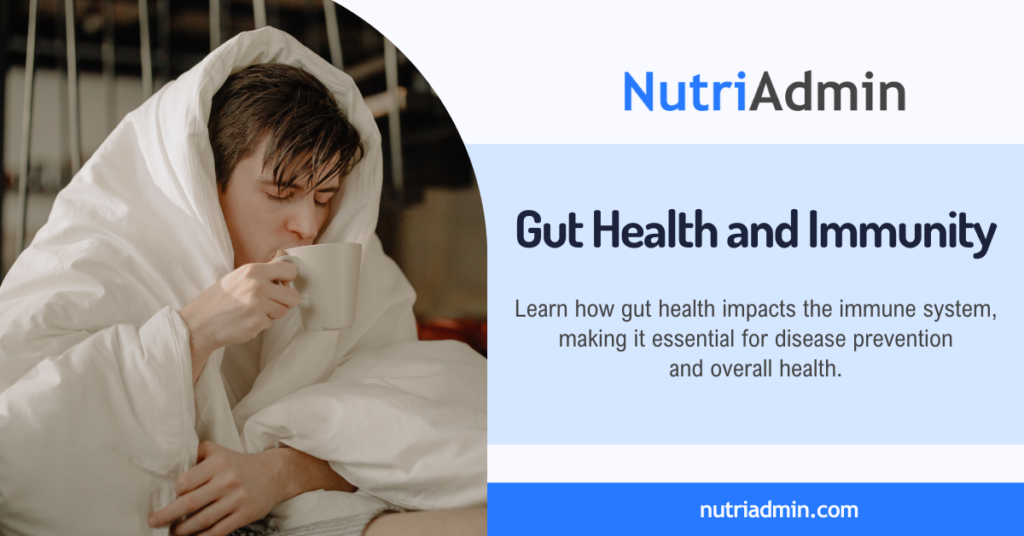Anti-inflammatory diet meal plans are among the most popular today.
The reason is not far-fetched: The number of inflammatory conditions surged over the last decade. In fact, studies show that chronic inflammation conditions will rise persistently over the next three decades in the US.
But before we speak about complex cases, everyone must have experienced inflammation!
Swelling after a sting or insect bite? Some pain and redness after an injury?
There you have it! Inflammation!
But what causes this phenomenon, and what is the role of the diet?
- What is Inflammation?
- What are the Types of Inflammation?
- What Causes Inflammation?
- What are the Signs of Inflammation?
- What is the Process of Inflammation?
- What Helps Inflammation?
- The Anti-inflammatory Diet
- The Anti-inflammatory Diet Meal Plan
- 6 Other Ways to Reduce Inflammation
- Anti-inflammatory Food Supplements
- Conclusion
- FAQs
What is Inflammation?
In simple terms, inflammation is the sequence of changes that occur when a living tissue is injured. These changes are intended to heal the tissue and restore its function.
Essentially, it is the body’s response to an irritant, such as a bacteria, virus, fungi, or even a foreign object in the body.
But why do we want to stop inflammation if inflammation is a good response to things or processes that can cause tissue injury? Why do we need an anti-inflammatory diet? Why are we trying to suppress inflammation?
Well, the truth is that inflammation is not always good. Sometimes, inflammation can be excessive, leading to an exaggerated response—talk about bringing a gun to a knife fight.
Other times, inflammation can be misdirected against body cells. That is, the body begins to view its cells as foreign and hence begins an inflammatory process. Now, since the body cells cannot be removed, the inflammation can continue for a prolonged period, resulting in extensive damage to cells and tissues. In some cases, the inflammation lasts throughout the lifetime of the individual, for instance, retinitis, psoriasis, multiple sclerosis,
In fact, this is why the anti-inflammatory diet is very important.
What are the Types of Inflammation?
Inflammation can be categorized into two types:
- Acute inflammation
- Chronic Inflammation
Acute Inflammation: Acute inflammation occurs when tissue damage from trauma, infection, or toxic compounds occurs. It starts very rapidly and becomes severe in a very short period. Symptoms may last for some days.
Furthermore, chronic inflammation typically happens for several months to years. It’s a slow, prolonged inflammation that can result from diverse causes. It runs a slow course, and the extent of severity varies with the cause of injury.
Moreover, chronic inflammation can result from the following scenarios:
- Failure of Acute inflammation: When the acute inflammation process is unable to clear the foreign body or organism, it becomes chronic inflammation. It is widespread in organisms like Mycobacterium tuberculosis, which has evolved many mechanisms to evade host defenses.
- Chronic inflammation can also arise on its own.
What Causes Inflammation?
Many things can cause inflammation. However, the most common of these are:
- Pathogens: Foreign organisms like bacteria, fungi, or viruses may trigger inflammation.
- External Injuries: Injuries from foreign objects, sharp objects,
- Chemicals: Noxious chemicals can cause inflammation in the body
- Radiations: Inflammation can result from the body being exposed to harmful radiation.
- Disease and Medical Conditions: Medical conditions can trigger inflammation.
What are the Signs of Inflammation?
There are 5 cardinal signs of inflammation:
- Pain (Dolor): Pain may occur on its own or when the affected area is touched.
- Redness (Rubor): Redness of the affected part as a result of an increase in the blood supply to the affected area
- Swelling (Tumor): This can result from the process of swelling and edema.
- Heat (Calor): Increased blood flow to the affected area may make it warm to the touch.
- Loss of Function: Inflammation may result in difficulty moving a joint, breathing, or carrying out its usual function.
What is the Process of Inflammation?
An injury in the body usually involves many immune cells. Some of these cells can produce substances called inflammatory mediators. These inflammatory mediators cause the blood vessels around the injured tissue to get wider so that there is an increase in the blood flow to the tissue. This increased blood flow brings more blood cells involved in healing and hemostasis. Moreover, this is also what causes the redness and heat associated with inflammation.
Furthermore, inflammatory cells and substances stimulate nerves in the affected tissue, sending pain signals to the brain.
As the blood vessels get wider, it becomes easier for the immune cells to pass outside the blood vessels and into the affected tissue. As the cells pass out, they also attract more fluid, which causes swelling and inflammation.
What Helps Inflammation?
The presence of a foreign organism or object in the human body can trigger inflammation. Inflammation is mediated by certain molecules known as chemical mediators of inflammation. Some mediators are pre-formed and present in body cells, while others are newly synthesized or activated when inflammation is triggered.
Here are the chemical mediators of inflammation. They can be broadly divided into two.
Mediators Produced by Cells
Some cells produce inflammatory mediators, and they are sub-classified into:
- Preformed mediators: These mediators are already present in the cell before inflammation. They include Histamine, Serotonin, and Lysosomal enzymes.
- Newly synthesized mediators: The occurence of inflammation produces some inflammatory molecules. These include Prostaglanding, Leukotrienes, Platelet-Activating factors, Activated Oxygen species, Nitric oxide, and cytokines.
Mediators Produced by the Liver
The liver produces two types of mediators that are activated in the plasma:
- Factor XII, also known as Hageman factor
- Complement system
The Anti-inflammatory Diet
The concept of anti-inflammatory diets is not new. As a matter of fact, they have been around for centuries. Anti-inflammatory diets build on the principle of eating fruits with anti-inflammatory properties and avoiding foods with pro-inflammatory actions. The core of the diet consists of fruits, vegetables, whole grains, proteins, saturated fats, and lesser amounts of dairy.
What are the Types of Anti-inflammatory diets?
There are different types of anti-inflammatory diets. By this, I mean several diets make use of the anti-inflammatory principles. Some of them are the Mediterranean Diet and the DASH diet.
Foods Allowed in the Anti-inflammatory Diet Meal Plan
There are so many foods that the antiinflammatory diet accommodates. They include:
- Fruits: Berries (blueberries, strawberries, raspberries), cherries, oranges, apples, and other colorful fruits rich in antioxidants and phytochemicals.
- Vegetables: Leafy greens (spinach, kale, collard greens), broccoli, cauliflower, carrots, sweet potatoes, and other non-starchy vegetables.
- Meat: lean meats, but not fatty meats, because they are high in saturated fat.
- Whole Grains: Brown rice, quinoa, oats, whole wheat, and other unprocessed grains.
- Healthy Fats: Olive oil, avocados, nuts (almonds, walnuts), and seeds (flaxseeds, chia seeds).
- Fatty Fish: Salmon, mackerel, sardines, and trout, which are high in omega-3 fatty acids.
- Legumes: Beans, lentils, chickpeas, and other legumes, rich in protein and fiber.
- Herbs and Spices: Turmeric, ginger, garlic, cinnamon, and other spices with anti-inflammatory properties.
- Green Tea: Rich in antioxidants and beneficial compounds.
- Seafood: shellfish and mollusks.
- Coffee and tea: can be included in moderation as long as they are unsweetened.
Controversial/debated foods in the Anti-inflammatory Diet Meal Plan
Experts have mixed opinions on some foods, such as:
- Dairy: a bit controversial, but can allow low-fat yogurt in some cases
- Eggs: They can have pro and anti-inflammatory properties, so it’s still an ongoing debate. You may be able to include higher omega-3 varieties cooked in ways that don’t use inflammatory ingredients.
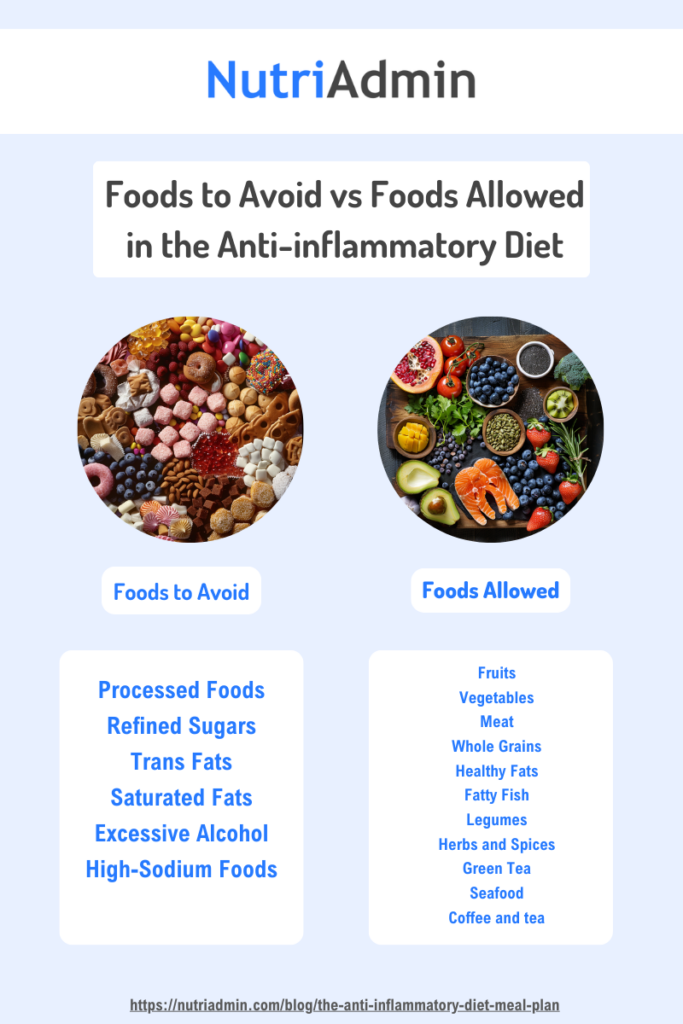
Foods to Avoid in the Anti-inflammatory Diet Meal Plan
There are some foods that contribute to inflammation and should be avoided:
- Processed Foods: Highly processed foods, such as fast food, sugary snacks, and processed meats, may contribute to inflammation.
- Refined Sugars: Soft drinks, candies, desserts, and products with added sugars can trigger inflammation.
- Trans Fats: Found in some processed foods, margarine, and fried items, these fats can promote inflammation.
- Saturated Fats: Limit intake of fatty meats, full-fat dairy, and tropical oils like coconut and palm oil.
- Excessive Alcohol: Heavy alcohol consumption can lead to inflammation in the body.
- High-Sodium Foods: Excess sodium may contribute to inflammation, so it’s best to moderate salt intake.
The Anti-inflammatory Diet Meal Plan
Nutritionists or coaches can easily create recipes and meal plans that fit the anti-inflammatory diet once they know which foods to include or avoid and what clients prefer.
However, meal plan generator applications are also getting popular. One of the best meal planning apps available, NutriAdmin can generate an anti-inflammatory diet meal plan PDF in just 60 seconds. Here is a sample anti-inflammatory meal plan created with NutriAdmin’s meal plan generator.
6 Other Ways to Reduce Inflammation
Apart from diet, there are several steps that you can educate your client to take to reduce inflammation.
Sleep well
Studies have shown that sleep deprivation may lead to inflammation. Sleep is a period of restoration and repair. Sleep deprivation can lead to high blood pressure and lesser cell repair and cleanup, allowing a buildup of materials and proteins that should lead to inflammation. So your sleep is not just something you do at night. It has multifaceted benefits, and one of such is preventing inflammation.
Quit Smoking
In med school, it was a common notion that if asked about the cause or risk factor for almost any disease, just mention ‘Smoking,’ and you would almost always be right!
Several studies show that smoking leads to the development of several disease conditions. It may induce chronic inflammation on different mucosal surfaces and impair the body’s defense against pathogens. Generally, it increases pro-inflammatory factors and decreases anti-inflammatory molecules.
Exercise
Studies suggest that exercise exerts several anti-inflammatory effects on the body. It is able to achieve this by upregulation of antiinflammatory molecules and factors while simultaneously downregulating pro-inflammatory responses and molecules.
Alcohol
Chronic alcohol use can impair gut and liver functions and also lead to persistent systemic inflammation.
When consumed in large amounts, alcohol can also promote intestinal inflammation. Hence, it is recommended that alcohol should be completely avoided or sparingly consumed.
Stress
Studies show that stress induces inflammatory responses in several tissues and organs. Moreover, induced stress over a long period can result in several disease conditions like cancer, cardiovascular disease, and arthritis.
Cooking methods
Getting the right foods to eat is not enough when it comes to reducing inflammation. You must also cook food the right way. For instance, baking, steaming, or fast stir-frying are better at reducing inflammation than deep frying or grilling.
Furthermore, when you cook vegetables and fish, you should also ensure you watch the condiments and dressings used, as these can also contain high levels of inflammatory ingredients, such as sodium, trans fat, and sugar.
Anti-inflammatory Food Supplements
Apart from the anti-inflammatory diet meal plan, research has shown that certain food supplements can help reduce or relieve symptoms of inflammation. While some of these supplements have their antiinflammatory properties well established in research, others may need further studies to establish their antiinflammatory properties properly.
Curcumin
Curcumin is a compound isolated from turmeric. It is a widely studied compound because of its proposed benefits for several medical conditions, from autoimmune to viral diseases and even cancer.
For inflammation, some studies have shown that curcumin may exhibit anti-oxidant and anti-inflammatory effects when administered over a short period of time.
Curcumin also has anti-inflammatory effects on conditions like biliary diseases, bronchial asthma, chronic periodontitis, gastritis, inflammatory Bowel Disease, and Osteoarthritis.
However, it is crucial to understand that there is a need for further investigation to build on the results of initial findings in curcumin research and determine its molecular targets and regulatory mechanisms.
Ginger
Ginger has more than 400 components. Studies show that some of these components, such as zingerone and gingerol, reduce inflammation.
One study in 2014 showed that ginger reduces some inflammatory markers in Type 2 DM. Other components of ginger, shogaol, and gingerol inhibit the production of some inflammatory mediators such as prostaglandins, Nitric oxide, and Inflammatory cytokines.
Bromelain
Bromelain is an enzyme in Pineapples. It is used to cure several ailments and has also been linked to the management of inflammation. Bromelain seems to be more effective in managing inflammation caused by trauma and surgery. Its anti-inflammatory actions are as potent as those of Non-steroidal anti-inflammatory Drugs, and it also works through several pathways to exert its effects on the immune system.
Vitamin D
Vitamin D is a fat-soluble vitamin with powerful anti-inflammatory properties. In a study of women with Vitamin D deficiency and Premenstrual syndrome (PMS), Scientists discovered that Vitamin D supplementation can reduce inflammation and improve antioxidant markers. This study points to the possibilities that vitamin D supplementation may hold for inflammatory conditions.
Vitamin C
Vitamin C is another essential water-soluble vitamin with strong anti-inflammatory actions. It has been studied in great detail, and it is now obvious that much of its anti-inflammatory action comes from its antioxidant capacity. Research shows that a moderate dose of Vitamin C for 8 weeks can significantly reduce the levels of inflammatory markers in diabetic and hypertensive patients.
Conclusion
Inflammation is a vital response of the body’s immune system to injury and infection, characterized by pain, redness, heat, swelling, and loss of function. However, chronic inflammation, which can persist for extended periods, may contribute to various diseases and health conditions. This is where the anti-inflammatory diet becomes crucial. By focusing on foods that combat inflammation and avoiding those that promote it, such as processed foods, refined sugars, and trans fats, individuals can potentially reduce inflammation and improve overall health.
The anti-inflammatory diet emphasizes fruits, vegetables, whole grains, lean proteins, healthy fats, fatty fish, legumes, and herbs and spices known for their anti-inflammatory properties. It also recommends avoiding foods that can exacerbate inflammation, including highly processed items, refined sugars, and excessive alcohol. Additionally, lifestyle factors such as adequate sleep, regular exercise, stress management, and proper cooking methods play a significant role in managing inflammation.
Supplementing the diet with anti-inflammatory compounds like curcumin, ginger, bromelain, and vitamins D and C can further help reduce inflammation. While the anti-inflammatory diet is not a quick fix, consistent adherence can lead to significant improvements in symptoms and overall well-being over time.
Ultimately, the anti-inflammatory diet offers a long-term, sustainable approach to managing inflammation and enhancing quality of life, with its principles echoed in other healthy dietary patterns like the Mediterranean and DASH diets.
